A reverse mortgage is a special type of loan that is specifically for homeowners who fall in the age group of 55 years or older. With traditional mortgages, you can make monthly payments to lenders, but with a reverse mortgage, the lender pays you instead.
This payment can be in a lump sum, a line of credit, or monthly payments based on the equity in your home. Reverse mortgages in Canada serve as a financial tool for retirees who want to get their home equity without selling their home.
It benefits those who want to increase their retirement income, cover unexpected expenses, or simply enjoy a peaceful lifestyle without moving. However, it comes with some risks which are important to understand.
In this blog, we’ll explore the benefits, risks, and step-by-step process of applying for a reverse mortgage in Canada, helping you make an informed decision.
Benefits of Reverse Mortgages
- No Monthly Payments: One of the most important benefits is that it comes without monthly payments where you don’t have to pay every month as long as you live in the home. It eases the financial burden.
- Financial Flexibility: Reverse mortgage offers an effective way to turn home equity into a case; this is possible without selling the home or any extra monthly payment. This can benefit those with limited income in retirement.
- Stay in Your Home: You can have ownership of your home; it allows you to live in a place and access your home’s equity as well.
- Tax-Free Income: In Canada, the money you receive from a reverse mortgage isn’t considered taxable income. This means, it will not impact the eligibility for Guaranteed Income Supplement (GIS) or Old Age Security (OAS) for you.
Risks of Reverse Mortgages
- Less Inheritance: A reverse mortgage in Canada can reduce the equity left in your home as the loan balance grows. This will leave less money for your heirs automatically.
- Higher Interest Rates: It incurs higher interest rates in Canada than the usual loans. With time, this interest multiplies and increases the amount you have to return.
- Impact on Estate Planning: When you have to repay the loan, passing away or moving can make estate planning difficult; it also forces the sale of the home to cover the debt.
- Ongoing Responsibilities: You have to maintain the property taxes, maintenance, and home insurance. If you fail to do so results in risking foreclosure.
How to Apply for a Reverse Mortgage in Canada?
Eligibility Requirements
- Your age must be at least 55 years old.
- The primary residence must be your home.
- You must have considerable equity in your home, such as HELOC or mortgage, with no other significant liens.
Preparing Financial Documentation
- Provide proof of age for all the homeowners.
- Collect documents proving home ownership, such as your deed.
- Financial statements help in showing you can cover ongoing home costs.
Application Process
- Home Appraisal: A professional appraisal analyzes the current value of your home.
- Choose a Lender: Major providers in Canada consist of Equitable Bank and HomeEquity Bank (CHIP).
- Application Submission: Complete the filled application form with your lender that offers important documentation.
- Legal Advice: There are a lot of lenders that recommend or require obtaining independent legal advice.
Understanding Terms and Conditions
- Loan Amount: Borrow up to 55% of your home’s value, but this decreases with property specifics and age.
- Interest Rates: Interest rates can be fixed or variable, and understand how they affect your loan balance with time.
- Repayment: When moving out, passing away, or selling, understand your repayment is due.
Wrap Up
Reverse mortgages in Canada provide a way to leverage a home for financial flexibility at the time of retirement, but they also pose some risks like estate planning difficulties, property maintenance, and more.
It’s important to discuss with mortgage brokers or financial advisors before making any decision. They can help in ensuring that a reverse mortgage is compatible with your estate plans and financial goals.
A reverse mortgage can be a powerful tool, but it’s not a one-size-fits-all solution. Take awareness, ask questions, and think about your future needs and your loved ones.
For more information or a personalized quote, connect with Diverse Mortgage Group today. We’re here to help you maximize your home’s equity with confidence!
FAQs
Who qualifies for a reverse mortgage in Canada?
Homeowners aged 55 or older with significant home equity can qualify, provided the home is their primary residence.
Will a reverse mortgage affect my government benefits like OAS or GIS?
No, the income from a reverse mortgage does not affect these benefits since it’s not considered taxable income.
What happens if I can’t keep up with property taxes or maintenance?
You may default on your reverse mortgage, which could result in foreclosure. It’s essential to plan ahead and ensure you can handle these ongoing expenses before moving forward.


